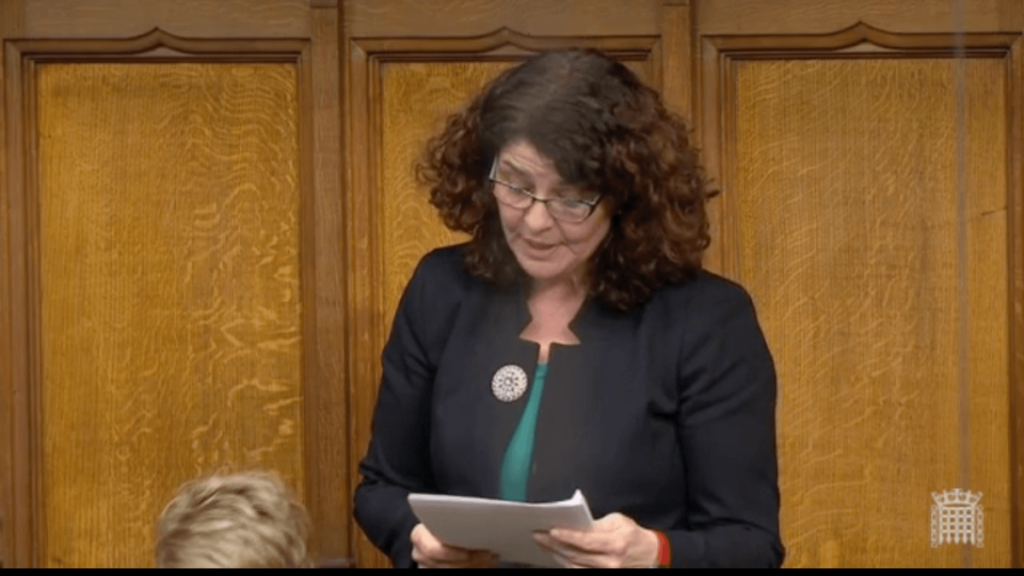The decision of the US Supreme Court whereby the decision in Roe v. Wade has been overturned triggered similar hysterical reactions on both sides of the Channel.
In France, the Left fully supports President Emmanuel Macron and is preparing to introduce at least two bills that go so far as to include the “women’s right” to voluntary termination of pregnancy in the Constitution of the République. The Right expressed rather similar sentiments, merely stating that the US Court’s decision does not even touch the French law regulating abortion.
In the United Kingdom, Diana Johnson, MP in the House of Commons for the Labour Party, called for an urgent session and questioned the Foreign Secretary on June 28 on whether pressure would be brought to bear on the Biden Administration to ensure access to abortion on US soil.
After reminding her colleagues that the US Supreme Court is “in a different jurisdiction,” Conservative Party MP Amanda Milling however said for her own part and that of Prime Minister Boris Johnson that the Court’s ruling would constitute “a step backward.”
In the UK, Milling continued, abortion should be considered among the “essential health services,” while Stella Creasy, MP for the Social Democratic Labour and Co-operative Party, during the debate, asked whether an amendment to the Bill of Rights was intended. For the sake of a reminder, the Bill of Rights is one of the cornerstones of the British constitutional system. Creasy inquired as to the amendment, noting that it’s aim would be to “protect, for every single woman in the United Kingdom, a woman’s right to choose.”
On the opposite side, however, were Christian MPs, including Danny Kruger (Conservative Party), Carla Lockhart (Democratic Unionist Party, DUP) and Jim Shannon (DUP), who reminded their colleagues that the right to life and the rights of the unborn child should instead be protected.
Later in the week, Labor MP Rosie Duffield asked Deputy Prime Minister Dominic Raab (Conservative Party) if he would accept the amendment to the Bill of Rights aimed at “enshrining in law a woman’s right to choose.”
“The position on abortion,” the Deputy Prime Minister responded, “is governed by British law and is decided by the honorable members of parliament, meeting in the full House,” and then added that “it is a matter of conscience and I do not believe there is a strong reason for change.”
